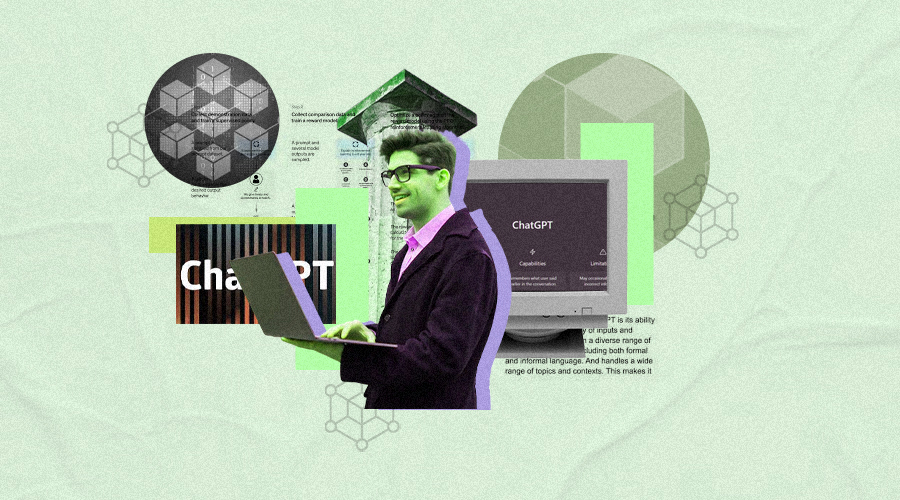In the rapidly evolving landscape of technology, the role of a blockchain professional has become increasingly critical. A Blockchain Professional is not only versed in the theoretical aspects of blockchain technology but also possesses a suite of practical skills that enable them to develop, implement, and manage blockchain systems effectively. To be considered a top-tier blockchain professional, one must master a blend of technical and soft skills. This article will explore these essential skills in detail.
Blockchain Fundamentals
At the core, a blockchain professional must have a solid grasp of blockchain technology. This includes understanding how blockchain works, the principles of decentralization, consensus mechanisms, cryptographic hashing, and smart contracts. Knowledge of different types of blockchain (public, private, consortium) and their respective use cases is also crucial. A blockchain professional should be able to explain concepts like proof of work, proof of stake, and other consensus algorithms.
Proficiency in Programming Languages
A blockchain professional must be proficient in several programming languages that are commonly used in blockchain development. These include:
- Solidity: Primarily used for writing smart contracts on the Ethereum blockchain.
- C++: Known for its performance and efficiency, used in blockchains like Bitcoin.
- Python: Popular for its simplicity and readability, used in various blockchain projects.
- JavaScript: Essential for web development and integration with blockchain, especially in creating decentralized applications (DApps).
- Golang: Used in projects like Hyperledger Fabric due to its performance in handling concurrency.
Proficiency in these languages enables a blockchain professional to develop, audit, and optimize blockchain solutions effectively.
Knowledge of Cryptography
Cryptography is a cornerstone of blockchain technology. A top-tier blockchain professional must understand various cryptographic principles and techniques such as hashing algorithms (SHA-256, SHA-3), digital signatures, public and private key cryptography, and encryption/decryption methods. This knowledge ensures the security and integrity of blockchain data.
Experience with Blockchain Platforms
Familiarity with different blockchain platforms is essential for a blockchain professional. Key platforms include:
- Ethereum: Known for its smart contract functionality and DApps.
- Bitcoin: The original blockchain, primarily used for cryptocurrency.
- Hyperledger Fabric: A permissioned blockchain suitable for enterprise use.
- Ripple: Focused on cross-border payment solutions.
- EOS: Known for its scalability and DApps.
A blockchain professional should be adept at working with these platforms, understanding their unique features, and leveraging them to meet project requirements.
Smart Contract Development
Smart contracts are self-executing contracts with the terms of the agreement directly written into code. A blockchain professional must be skilled in writing and deploying smart contracts, particularly on platforms like Ethereum. They should be able to use Solidity to create secure and efficient smart contracts, and be familiar with best practices to avoid vulnerabilities.
Problem-Solving and Analytical Skills
Blockchain projects often involve complex problems that require innovative solutions. A top-tier blockchain professional must have strong problem-solving and analytical skills to navigate these challenges. This involves breaking down problems into manageable parts, identifying root causes, and devising effective solutions. Analytical skills are also crucial for evaluating the performance and security of blockchain systems.
Understanding of Decentralized Applications (DApps)
A blockchain professional should be proficient in developing decentralized applications (DApps). This includes understanding the architecture of DApps, integrating smart contracts, and ensuring the seamless interaction between the frontend and blockchain backend. Knowledge of frameworks like Truffle, Hardhat, and web3.js is essential for DApp development.
Networking and Collaboration
Finally, networking and collaboration are key skills for a blockchain professional. Engaging with the broader blockchain community, participating in hackathons, and collaborating on open-source projects can provide valuable experience and opportunities for professional growth.
Conclusion
Becoming a top-tier blockchain professional requires a comprehensive set of skills, ranging from deep technical expertise to soft skills like communication and adaptability. By mastering these skills, a blockchain professional can effectively navigate the complexities of blockchain technology, drive innovation, and contribute to the advancement of this transformative field. Continuous learning and staying abreast of industry developments are essential to maintaining a competitive edge and achieving success as a blockchain professional.
Read More: How Blockchain Consulting Helps Navigate Complex Regulations?



